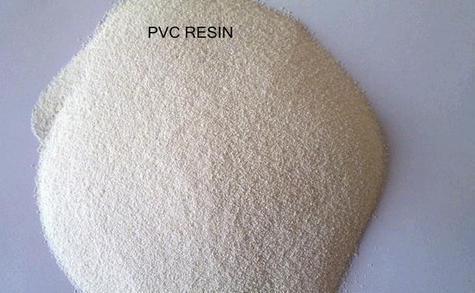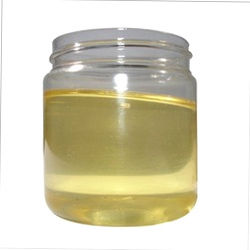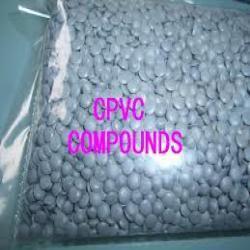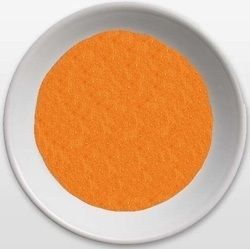PVC Resin
Product Details:
- Application Industrial
- Molecular Formula (C2H3Cl)n
- Grade Industrial
- Physical Form Granule
- Shape Granules
- Click to View more
PVC Resin Price And Quantity
- 73.5 INR/Kilograms
- 1000 Kilograms
PVC Resin Product Specifications
- Granules
- Granule
- Industrial
- (C2H3Cl)n
- Industrial
PVC Resin Trade Information
- Cheque
- All India
Product Description
The rigid form of PVC is used in construction for pipe and in profile applications such as doors and windows. It is also used for bottles, other non-food packaging, and cards (such as bank or membership cards). It can be made softer and more flexible by the addition of plasticizers, the most widely used being phthalates. In this form, it is also used in plumbing, electrical cable insulation, imitation leather, signage, inflatable products, and many applications where it replaces rubber.
| EINECS No | 208-750-2 |
| Grade | Industrial grade |
| MF | (C2H3Cl)n |
| Purity | 99.9% |
| Packaging Type | Bag |
| Color | White |
| Form | Powder |
| Packaging Size | 12.7 kg |
PVC Resin FAQs-
Q: What is PVC Resin?
A: PVC Resin is a thermoplastic resin made from vinyl chloride monomer (VCM) and used in a wide variety of applications. It is a plastic polymer with a molecular formula (C2H3Cl)n. PVC resin is available in many grades and physical forms, including granules and powder.
Q: What is PVC Resin used for?
A: PVC resin is used in a variety of industrial applications, including pipe and fittings, window and door frames, wires and cables, siding, flooring, and other building materials. It is also used in consumer products such as toys, toothbrushes, and medical devices.
Q: What are the physical forms of PVC Resin?
A: PVC resin is available in granules and powder.
Q: What is the molecular formula for PVC Resin?
A: The molecular formula for PVC resin is (C2H3Cl)n.
Q: What grades of PVC Resin are available?
A: PVC resin is available in a range of grades, from industrial grade to medical grade.

Price:
- 50
- 100
- 200
- 250
- 500
- 1000+







